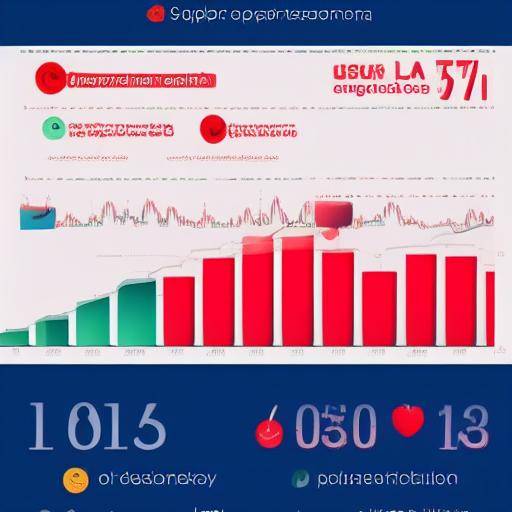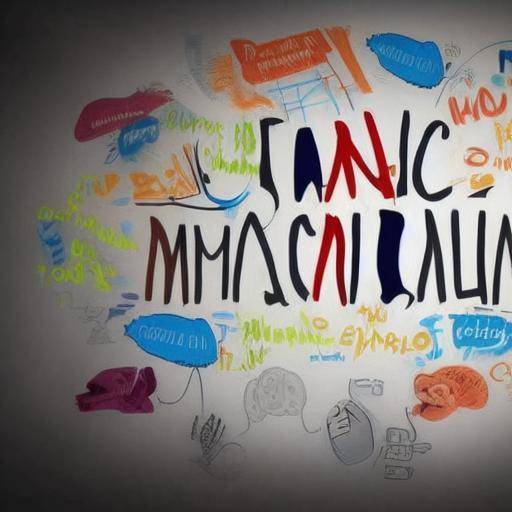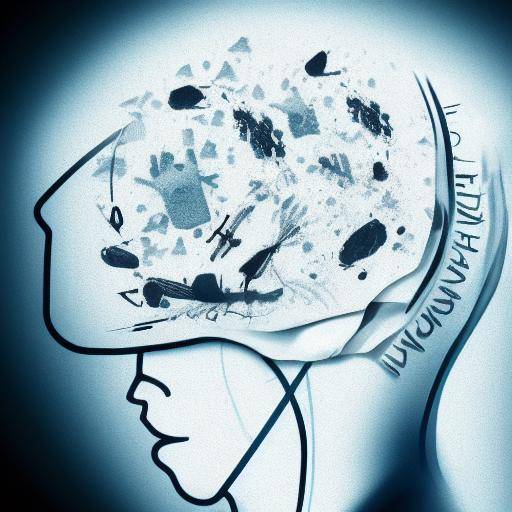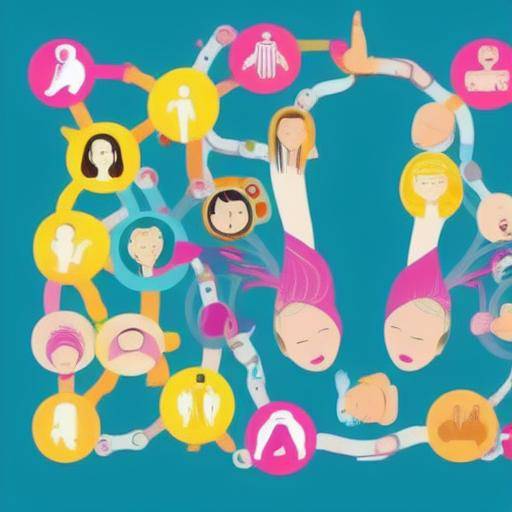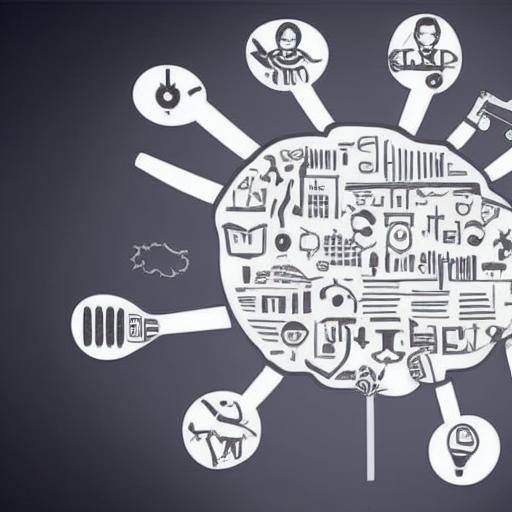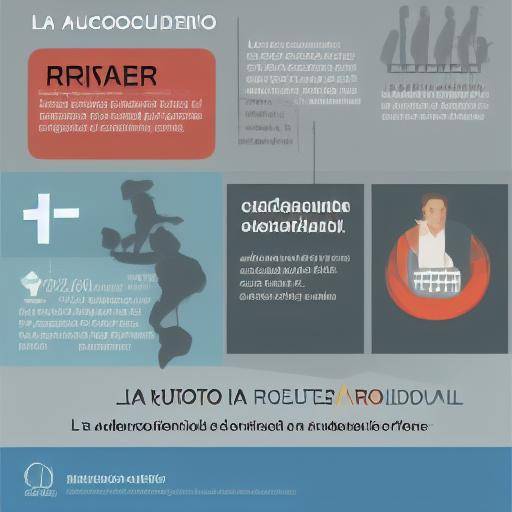
Mental flexibility is a crucial factor in the development of resilience and adaptation in everyday life. This article explores in depth the relevance of mental flexibility, resilience and adaptation, providing detailed information on its importance, benefits, challenges, practical applications and future trends. Essentially, the reader will gain an integral understanding of these key concepts and their interaction in various spheres of life.
Introduction
The ability to adapt to challenges, recover from difficulties and maintain a constructive attitude towards changing circumstances is fundamental to emotional and mental well-being. In this context, mental flexibility emerges as a key pillar in building resilience, providing tools to address and overcome adversities with an open and adaptable mentality.
History and Background
The notion of mental flexibility has been the subject of interest throughout history, finding roots in various disciplines such as psychology, Eastern philosophy, and cognitive sciences. From ancient times, philosophers like Aristotle reflected on the importance of adapting to the contingencies of life. Later, in the twentieth century, cognitive psychology highlighted the relevance of mental flexibility in information processing and decision-making.
A significant milestone in the development of resilience and adaptation was the study of psychologist Aaron Antonovsky, who introduced the concept of "salutogenesis", focusing on factors that promote mental health and well-being. These advances laid the theoretical basis for understanding the connection between mental flexibility and resilience, triggering a growing interest in these areas.
Analysis in Deep
Mental flexibility, understood as the ability to adjust patterns of thought and behavior against changing situations, entails a number of significant benefits. For example, it allows you to face challenges with greater creativity, adapt to new environments easily and maintain an optimistic approach even in adverse circumstances. However, the development of mental flexibility is not without challenges, as it may involve overcoming entrenched mental patterns and adapting to situations outside the comfort zone.
Resilience, for its part, is an intrinsically linked concept to mental flexibility, representing the ability to overcome adversity and maintain an emotional balance. This quality, in combination with mental flexibility, provides the ability to face the difficulties and get strengthened from them. Adaptation, in a wider sense, is manifested as the continuous process of adjusting to the changing circumstances of the environment, and finds in mental flexibility a key ally.
Comprehensive review
Specific applications of mental flexibility and resilience cover a wide spectrum of situations and contexts. From the workplace, where the ability to adapt to new technologies and methodologies is essential, to the personal field, where mental resilience and flexibility are essential to overcome emotional losses and challenges. The relevance of these concepts is also evident in educational, sports and leadership environments, where the ability to adapt to unforeseen circumstances becomes a determining factor.
The development of resilience and mental flexibility has a significant impact on the quality of life and emotional well-being. Experts highlight the importance of building these skills from early ages, promoting a proactive approach to challenges and strengthening adaptation capacity.
Comparative analysis
While mental flexibility, resilience and adaptation are interrelated concepts, it is important to distinguish their nuances and differences. While mental flexibility focuses on adjusting mental patterns, resilience encompasses a broader aspect by including emotional recovery capacity and adversity resistance. On the other hand, adaptation represents the constant process of adjusting to changes, including practical and emotional aspects.
An illustrative example is that of a professional who faces the loss of employment. Mental flexibility allows you to evaluate new opportunities, re-evaluate your goals and adapt your job approach, while resilience provides you with the emotional strength to overcome uncertainty and maintain a positive attitude during the job search process. Adaptation is manifested in the ability to adjust your lifestyle and priorities according to the new working reality.
Practical Tips and Accessible Recommendations
Promoting mental flexibility and resilience requires the adoption of specific strategies. Some practical recommendations include the promotion of problem-solving creatively, the practice of active acceptance of difficult situations and the development of social support networks that strengthen the resilience to adversities. In addition, the cultivation of an open and adaptable mentality, the development of effective coping skills and the search for personal and professional growth opportunities are fundamental aspects of strengthening mental flexibility and resilience.
Perceptions of Industry and Expert Reviews
Experts from various disciplines agree on the importance of cultivating mental flexibility and resilience in the working and personal environment. From psychologists specialized in human development to business leaders, authorised voices highlight the relevance of these skills as key differentials in professional career and emotional well-being. In addition, the inclusion of training and training programmes aimed at promoting mental flexibility and resilience reflects the growing recognition of their importance in the business and educational sphere.
Case Studies and Practical Applications
The concrete application of mental flexibility and resilience finds numerous manifestations in real life. From personal experiences of overcoming to examples in working environments, the detailed analysis of real cases provides a practical insight into the relevance and impact of these qualities. Examples of companies that foster resilience among their employees, communities recovering from natural disasters and testimonies of individuals who have overcome significant challenges illustrate the positive influence of mental flexibility and resilience in various contexts.
Future Trends and Predictions
Current trends point to a greater assessment of mental flexibility and resilience in the labour and personal spheres. The incorporation of approaches based on positive psychology and emotional well-being in educational organizations and systems reflects a paradigm shift towards the promotion of skills that go beyond mere technical training. In addition, increasing attention to mental health and personal well-being highlights the importance of cultivating these skills to meet the challenges of the present world.
Conclusions
In short, mental flexibility, resilience and adaptation represent fundamental pillars in building a strong and adaptable mind. The development of these qualities not only has a positive impact on the ability to face challenges, but also influences the quality of life and emotional well-being. Fostering mental flexibility and resilience not only implies an individual benefit, but also contributes to the creation of healthier and more resilient working and social environments.
Frequently asked questions
What is the difference between mental flexibility and resilience?
While mental flexibility focuses on the ability to adjust patterns of thought and behavior, resilience encompasses a broader aspect, including emotional recovery capacity and resistance to adversity.
How can mental flexibility be fostered in the working environment?
Promoting problem solving creatively, fostering an environment of active acceptance of diversity of opinions and perspectives, and providing opportunities for experimentation and continuous learning are effective strategies to promote mental flexibility in the working environment.
What is the impact of mental flexibility and resilience in the educational field?
Mental flexibility and resilience are fundamental to the personal and academic development of students, as they enable them to face challenges, adapt to new environments and maintain a positive attitude towards obstacles.
How does adaptability influence mental resilience and flexibility?
Adaptability is an essential component of both resilience and mental flexibility, as it involves the ability to adjust to unforeseen changes and situations, contributing to recovery and effective coping.
What are the current trends in promoting mental flexibility and resilience in organizations?
Organizations are increasingly focused on promoting comprehensive welfare programs that include coping skills development, stress management and resilience strengthening, recognizing the positive impact on productivity and job satisfaction.
How does mental flexibility and resilience impact decision-making?
Mental flexibility allows us to consider different options and approaches when making decisions, while resilience provides the emotional stability necessary to address the consequences of decisions, contributing to more effective and balanced decision-making.
What role do mental flexibility and resilience play in managing organizational change?
Mental flexibility and resilience are fundamental in the management of change, as they enable individuals and teams to adapt to new situations, overcome resistance to change and maintain a positive approach during organizational transformation processes.
Final Thoughts
This article has addressed in detail the importance of mental flexibility in the development of resilience, from its historical origins to its influence on everyday life and working environments. Mental flexibility, resilience and adaptation are not only desirable personal qualities, but also crucial aspects of building strong and resilient communities and organizations. By fostering these skills, a proactive and constructive approach to challenges is promoted, contributing to emotional well-being and increased coping capacity in a constantly evolving world.























